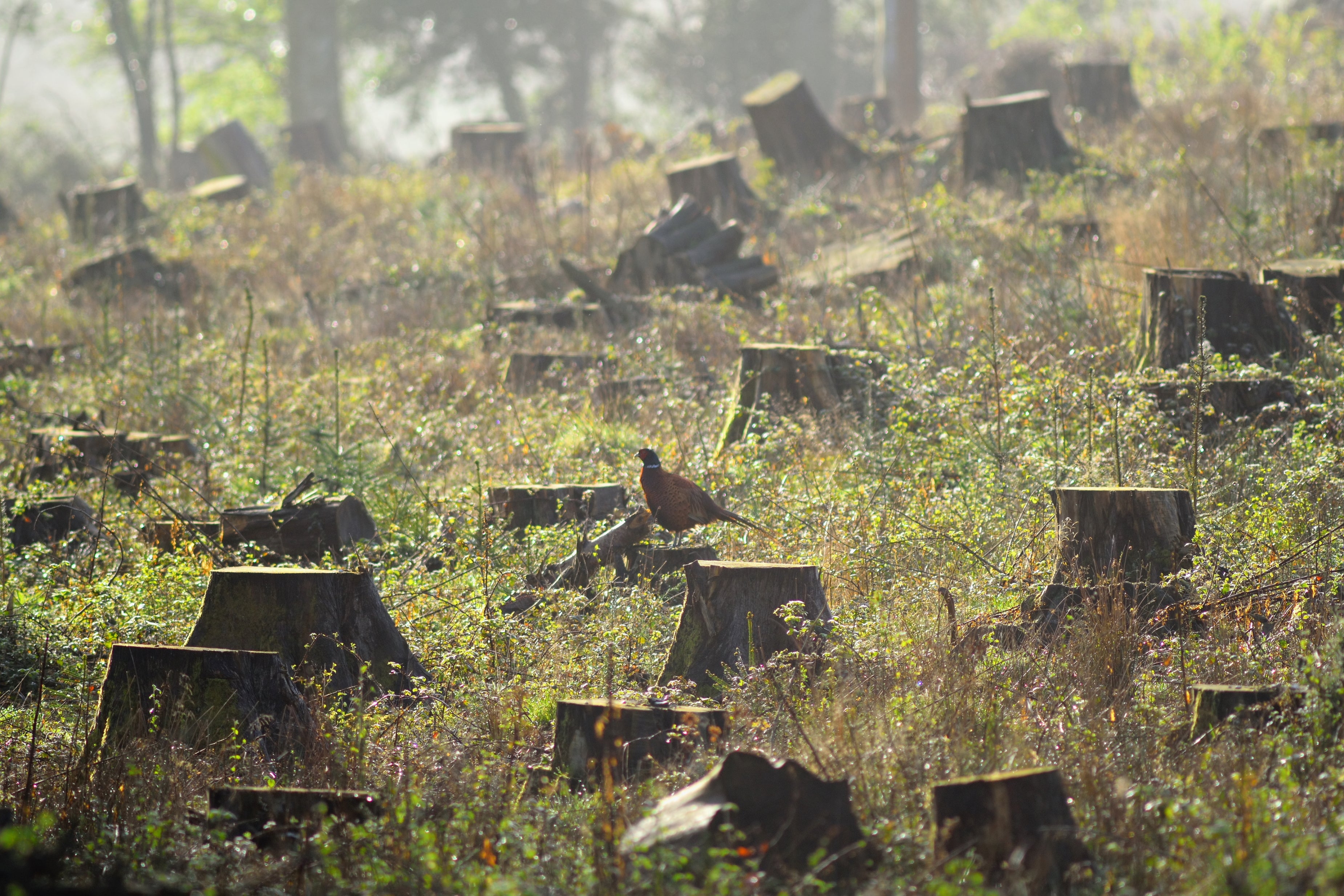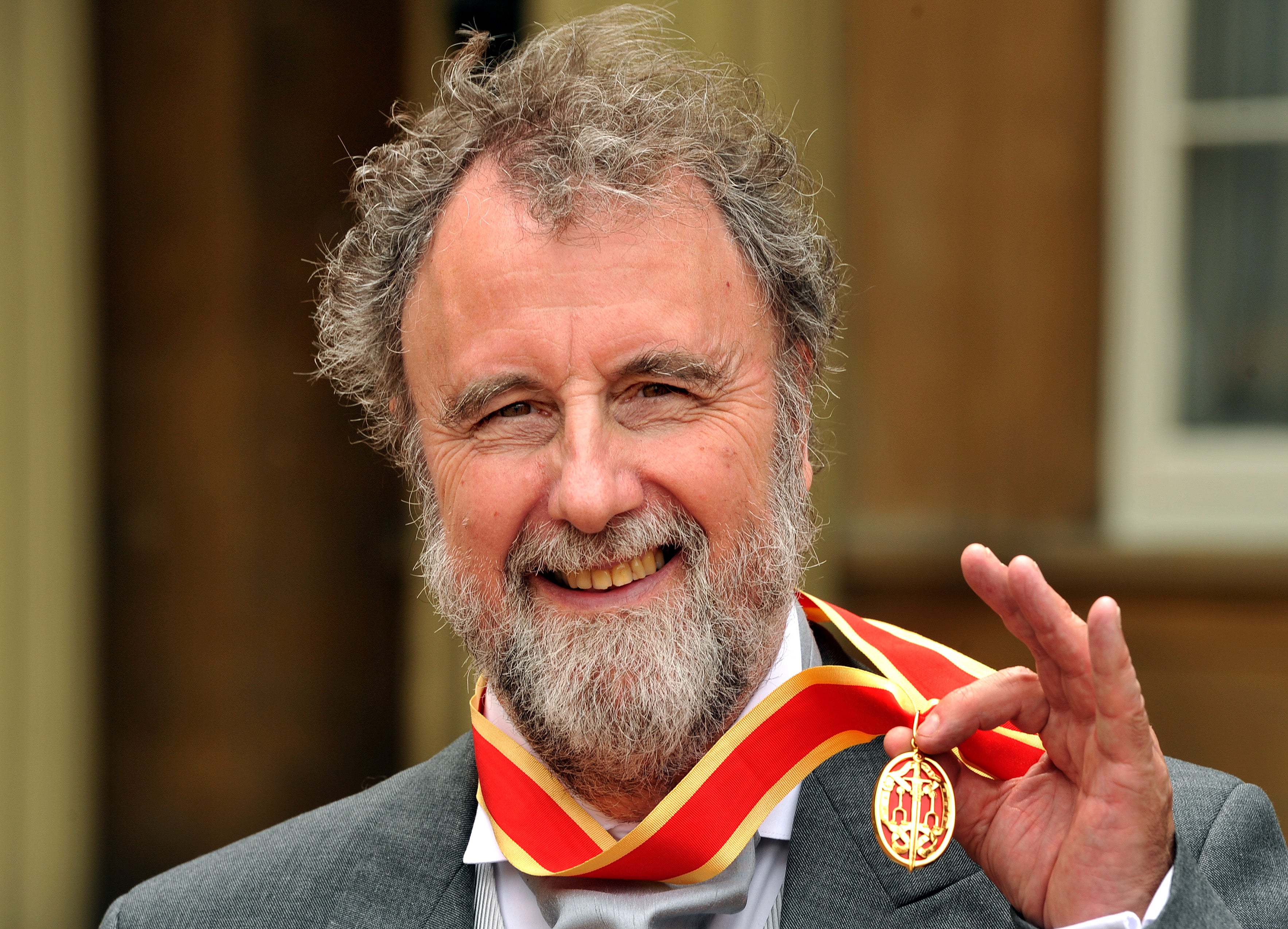Boris Johnson must ‘turn rhetoric into action’ to tackle climate and nature crises, says top scientist
Exclusive: Prof Sir Robert Watson says vital for UK to set out plans for tackling both crises ahead of Cop26

Boris Johnson must quickly “turn rhetoric into action” if he is to successfully lead the world in tackling the climate and nature crises, an eminent British scientist has warned.
Professor Sir Robert Watson, a former top scientific adviser to both the UK government and the White House, said that Britain is leading the way in setting targets to tackle both crises, but that these must be followed up with credible policies if they are to have any meaning.
He pointed to a recent assessment by the government’s own advisers which warned that the UK is currently not on track to meet its key goal of slashing emissions by 78 per cent on 1990 levels by 2035. And he added that not enough progress had been made on setting out plans for how the country will protect its natural landscapes after leaving the EU.
“All the rhetoric is correct, but I think the real challenge for the British government is turning these aspirational words into action,” he told The Independent.
“Until this year, the government’s goal was a 60 per cent reduction on greenhouse gas emissions by 2030. Now it’s 78 per cent by 2035.
“As the Climate Change Committee has said, the goals are perfect for climate change, but the government hasn’t got the policies in place to even hit the [older] 60 per cent target.
“The UK government needs to put on paper exactly what the actions will be to meet the climate targets, and what they will do for biodiversity.”
The UK government needs to put on paper exactly what the actions will be to meet the climate targets, and what they will do for biodiversity
It is vital that these actions are set out ahead of Cop26, a major global climate summit taking place in Glasgow in November, Sir Robert added.
The UK-led talks are widely seen as the last major opportunity for getting the world on track to limiting global warming to 1.5C above pre-industrial levels, the aspirational goal set out by countries under the historic Paris Agreement in 2015.
“There’s a real responsibility of the UK government, and other governments in Europe, to show how it can be done,” Sir Robert said.
“The British government has to show developing countries and other industralised countries that these are the actions that we’re taking, and that we’re convinced they will lead to strong economic growth and will be good for things such as food security, water security and human health.”

He added that the government must also do more to ensure that efforts to stem nature loss are included within plans to tackle the climate crisis.
In February, Sir Robert led a major UN report which argued that the world must make peace with nature if it is to successfully tackle the triple emergency posed by the climate crisis, biodiversity loss and pollution.
This was followed in June by the release of the first joint report from the UN’s climate change and nature loss authorities, which warned that neither crisis would be solved unless they are tackled together.
“You cannot look at one crisis without looking at the other,” he said.
“[For example], some of the technology solutions like solar and wind are excellent for tackling climate change, but you have to be careful that both are done in a way where there aren’t unintended consequences for biodiversity.”
He added that he was one of a small group of experts to brief the prime minister on the importance of tackling both the climate and nature crises ahead of last month’s G7 summit.
“Boris was equally involved and interested in climate change and biodiversity loss – and he was really interested in how the two issues interact with each other and what he could to influence countries at Cop26,” he said.
“So I would say the vision of Boris and his cabinet is good, but what I want to see is the actions for both climate change and biodiversity loss which can meet those aspirations.”
A government spokesperson said: “Over the past three decades, the UK has seen the fastest fall in emissions of any G7 country, continues to break records in powering the country with renewable energy, and set some of the world’s most ambitious emissions reduction targets.
“We’re making tangible progress – in this year alone, we have set out the world’s first strategy for decarbonising heavy industry, agreed a landmark deal to transition the North Sea oil and gas sector, are investing millions of pounds into clean energy as well as cutting emissions from buildings and transport, and driving forward action to protect nature and improve biodiversity, including our historic new legally-binding species target for 2030.”
The spokesperson added that the government will set out its “overall strategy for achieving net-zero emissions ... by the end of this year”.
Join our commenting forum
Join thought-provoking conversations, follow other Independent readers and see their replies
Comments
Bookmark popover
Removed from bookmarks